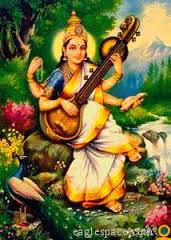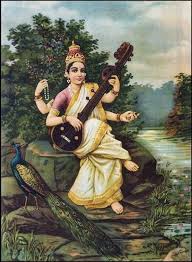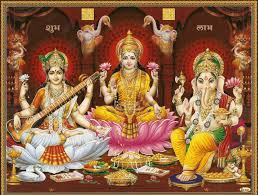What is Knowledge : Ch-4. Part-3.

Chapter 4 : Yoga – An Integration of Consciousness. Pat-3. So, yoga is a practical science, though it is founded on a very important system of theory, doctrine – a logical foundation, we may say. As far as you are concerned – students in this academy – we need not go into the details of the theory, because that is too much for you. We shall confine ourselves to the actual practical side of what you consider as yoga, for which you seem to be moving from centres to centres'in search of That which you are seeking unknowingly. The aim of yoga, therefore, is an integration of consciousness. This is artificially achieved by our attempts at possession of desirable things, and a tentative conviction we entertain in our own selves that the possession is secure and we have nothing more to ask for in this world. The presence of something which we have not yet obtained, and yet seems to be there expecting an answer from us in regard to our relation to it, keeps us insecure













